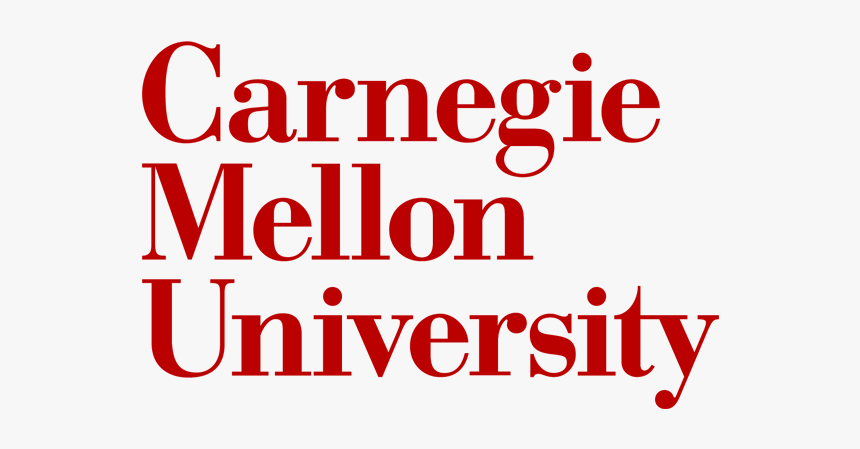Carnegie Mellon University AI Major Triumphs in Automated Medical Diagnosis Challenge
Dongkyun Kim, a junior artificial intelligence major in Carnegie Mellon University’s School of Computer Science, designed the winning deep-learning model in a recent competition to accurately classify diseases based on chest X-rays.
Kim placed first in the Computer Vision for Automated Medical Diagnosis Chest X-Rays Long-Tailed Challenge, a prestigious competition organized through the International Conference on Computer Vision (ICCV). The challenge provided access to a dataset of 300,000 chest X-ray images and asked participants to train a deep-learning model to classify 26 diseases present in the data.
“I’m interested in finding applications for computer vision,” Kim said. “I found the data fascinating. Data like that is rare to access, and the problem to solve was interesting and extremely close to practical medical applications.”
Kim used a transformer model to fuse information from multiple images of one patient. He found inspiration for this approach by reading research papers from doctors and medical professionals about chest X-ray diagnoses. His model, CheXFusion, could reliably detect diseases with a high level of accuracy while minimizing the number of false alarms.
“I found some papers that stated that using not only the frontal view but also the lateral view helped in diagnosis,” Kim said. “The paper that I wrote focuses on the fusion of multiple views.”
Kim, an undergraduate, rented the use of a single GPU to compete on his own against teams of graduate students from other top universities. His model drastically outperformed other solutions, placing first in all three metrics used in the competition.
He credited the course 15-387: Computational Perception with sparking an interest in computer vision. His participation in the Carnegie Mellon Data Science Club, where he is a board member, and in Climate Hack.AI showed him how computer vision could help create a better world. He hopes his participation in the competition inspires other undergraduates to try AI research.
“It’s not beyond them,” Kim said.

